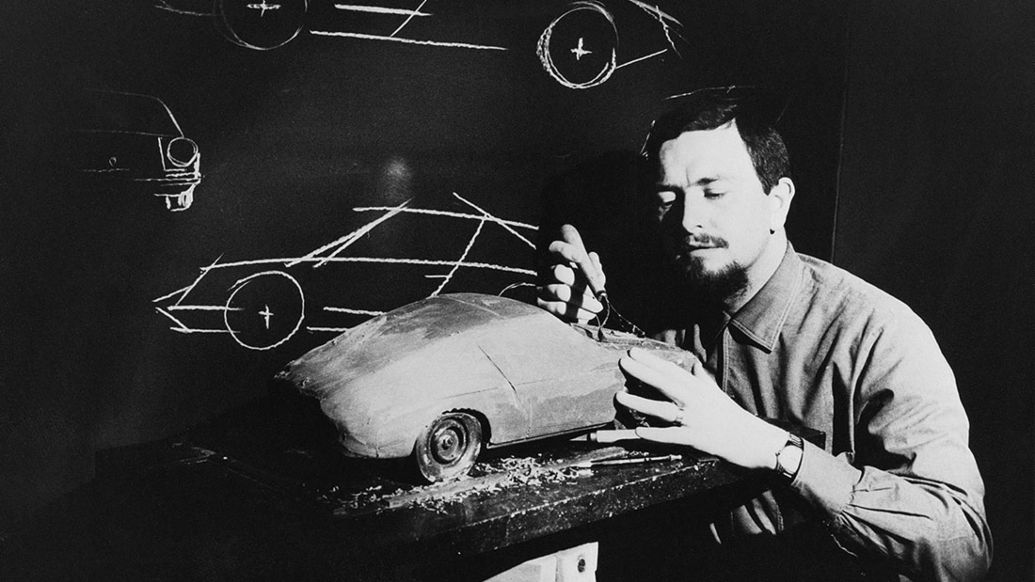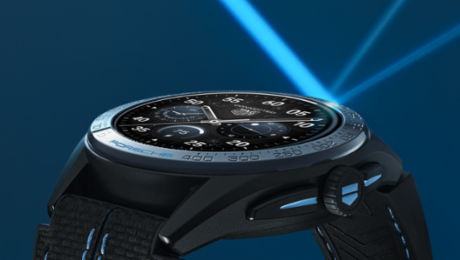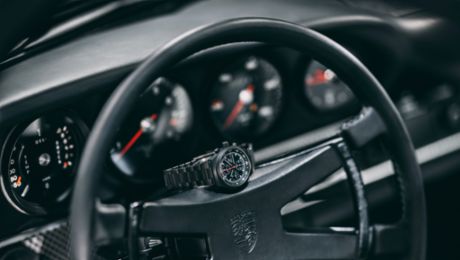Watches with a black dial are very popular today, but very few people are aware that they are not the result of a fashion trend or of material innovations. The idea was originally developed by the oldest of Ferry Porsche’s four sons, Ferdinand Alexander Porsche, who was also responsible for the unmistakable design of the 911.
He and his brother Hans-Peter founded their own design agency in Stuttgart in 1972, which is now based in Zell am See. Their first order came from none other than the Porsche company itself: a watch for selected employees. F. A., as he is still called today, was the first designer to take design principles from a car and apply them to a watch, which is precisely what he did for this model, which he named Chronograph I. In designing the watch, he was more interested in creating a high-precision instrument than a decorative accessory, which is why he looked to the 911’s instrument panel for inspiration.

Just like the instruments in a race car, the watch needed to be easy to read at all times, regardless of the perspective and angle of light. This was achieved with the high contrast provided in large part by a matte black surface. This effect, combined with white numbers, a red second hand, and a tachymeter for measuring speed, resulted in a true icon that could no longer be reserved for selected employees and was soon thereafter also available for purchase at Porsche dealerships. As a result, the Chronograph I was also a huge hit with motorsport legends and actors, making it famous the world over and a coveted piece for collectors to this day.
The watch was recently reissued to mark Porsche Design’s 50th anniversary, demonstrating just how functional and timeless the design is. Having extensively examined the design, the brand experts came to the realization that there was virtually nothing to optimize. At just under 41 millimeters, the case diameter is still optimal to this day. The original steel was replaced with more robust, lighter, and corrosion-resistant titanium – the precious metal now used in all Porsche Design timepieces. And the movement inside was developed in-house, as Porsche Design has operated its own watchmaking company in Solothurn, Switzerland, since 2014.
Info
Text first published in the Porsche magazine Christophorus, No. 403.
Author: Joern F. Kengelbach
Photographer: Carolina Porsche
Copyright: All images, videos and audio files published in this article are subject to copyright. Reproduction in whole or in part is not permitted without the written consent of Dr. Ing. h.c. F. Porsche AG is not permitted. Please contact newsroom@porsche.com for further information.




